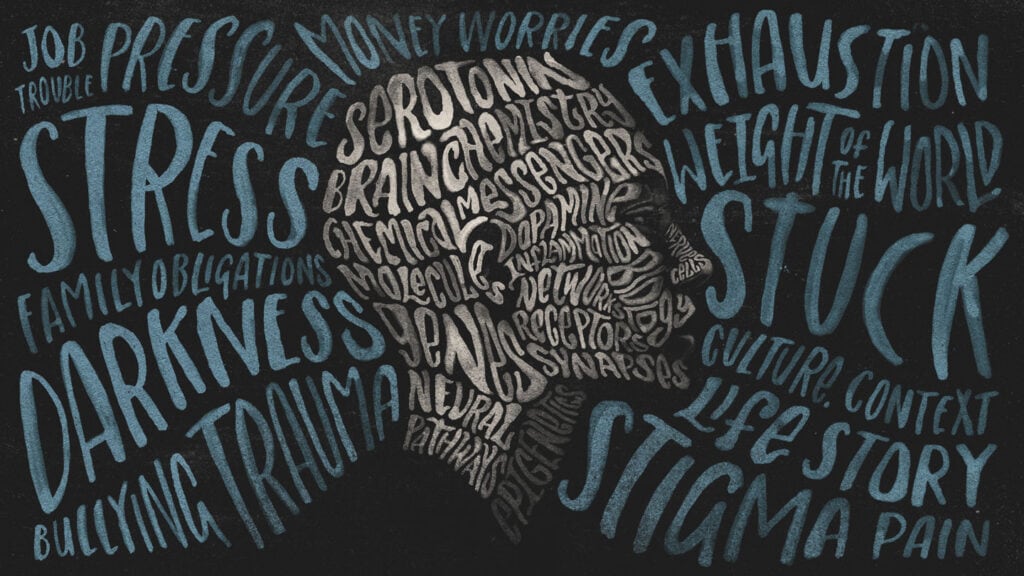- 98143 70700
- info@thehermitage.rehab
- 22, Circular road, Opp. VR Ambarsar, Amritsar
Depression is a psychological disorder where the problem resides in the thoughts, behavior, and emotions of the sufferer. During the onset of a disease like depression, structural changes in the brain of the patient can be seen where the hippocampus shrinks in size, the amygdala becomes hyperactive and the frontal cortex undergoes functional decline.
For the diagnosis of Depression to be formulated, the below-given symptoms should persist for at least two weeks.
Three major symptoms:
Some other important symptoms are;
*Mild Depression= 4 Symptoms, Moderate Depression= 5-6 Symptoms, and Severe Depression= 7-8 Symptoms.
It is a multifactorial disease that has many types. Our trained team of mental health experts aids in the appropriate diagnosis of this disease by ruling out any physiological ailments and by using advanced psychological tests.
Some of these types are;

This is a biological as well as reactive illness meaning that it is not only the organic changes in the brain causing this disease but also environmental cues playing a crucial role in its instigation.
Some of these causes are;
Patients with this disorder are sadly mistreated and are made to feel that undergoing this disease is a sign of weakness, which is not true. As discussed, It is a disease that needs intensive treatment according to its diagnosis.
Dr. JPS Bhatia for the last three decades has been helping patients and families alike in dealing with this deadly disease and under his wing, his trained and professional staff provides various services and treatment plans customized to the needs of each patient. Psychotherapies like Cognitive Behavioral Therapy, Interpersonal Therapy, advanced brain stimulation therapies like rTMS, medication and residential treatment for severe cases are some of the remedial amenities provided.
WhatsApp us